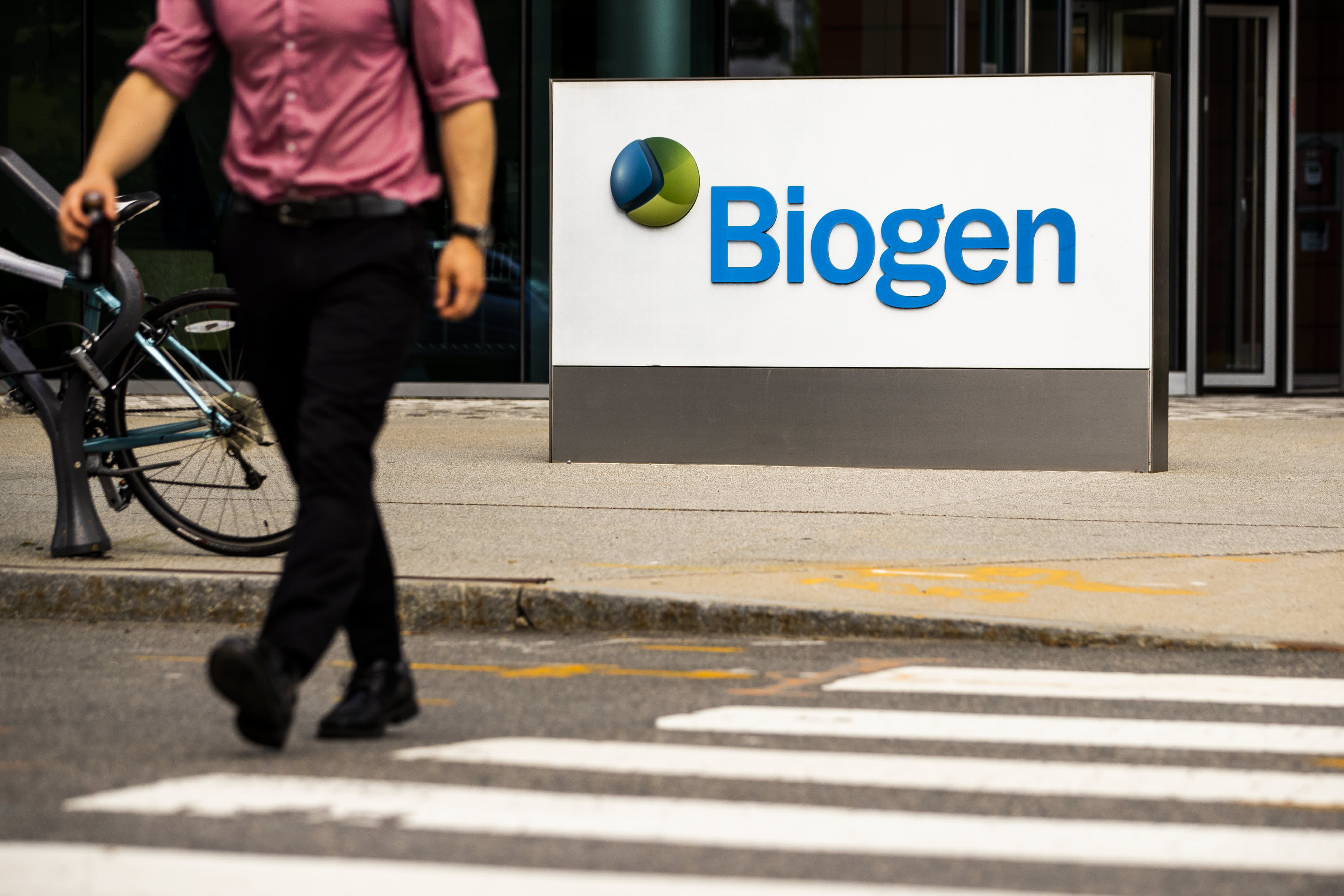A trial of an experimental Alzheimer’s drug has been hailed as a “new era” in the beleaguered fight to find a cure for dementia.
Results from the clinical trial showed that the medicine lecanemab removed clumps of protein — called beta amyloid — that builds up in brains of people with Alzheimer’s disease.
related investing news
Alzheimer’s is the most common form of dementia, a general term for loss of memory, language, and other thinking abilities that are severe enough to interfere with daily life.
The findings have been dubbed a major breakthrough in researchers’ decades-long efforts to tackle the debilitating illness.
However, the report’s authors cautioned that the drug is most effective in people with an earlier stage of the disease, and further trials are needed to determine its longer-term effects.
“Lecanemab reduced markers of amyloid in early Alzheimer’s disease and resulted in moderately less decline on measures of cognition and function,” researchers wrote in the study published in the New England Journal of Medicine.
“Longer trials are warranted to determine the efficacy and safety of lecanemab in early Alzheimer’s disease,” it added.
‘A major step forward’
The trial was conducted among 1,795 volunteers with early stage Alzheimer’s over the course of 18 months.
Half were given fortnightly infusions of lecanemab — an antibody that tells the immune system to clear amyloid — while the other half were given a placebo.
The results showed that the decline in memory and mental agility slowed by 27% in patients who took lecanemab.
These exciting findings represent a major step forward for dementia research and could herald a new era for people with Alzheimer’s disease.Dr Susan Kohlhaasdirector of research, Alzheimer’s Research UK
Crucially, the drug removed enough amyloid protein that patients wouldn’t have had enough evidence of Alzheimer’s disease to qualify for entry to the trial.
Alzheimer’s Research UK described the outcome as a “major step forward” in reducing cognitive decline among patients.
“These exciting findings represent a major step forward for dementia research and could herald a new era for people with Alzheimer’s disease. This is the first time a drug has been shown to both reduce the disease in the brain and slow memory decline in clinical trials,” Director of Research Dr. Susan Kohlhaas said.
However, she warned that adverse side effects from the drug showed it was no miracle cure.
“Lecanemab was associated with severe side effects, and it will be important for regulators to understand the safety profile of the drug before it is given a full license for use,” she added.
Risk of severe side effects
The findings were presented at the Clinical Trials on Alzheimer’s Disease conference in San Francisco on Tuesday. They follow the release earlier in the fall of top-line results from manufacturers of the drug Eisai and Biogen.
Shares of Eisai fell more than 6% Tuesday, and Biogen around 3.7%, after a report that a 65-year-old woman had died from a haemorrhage following her enrollment in the lecanemab trial.
It is not clear whether the death was directly linked to the drug. The woman was given an additional medicine known as tissue plasminogen activator (tPA) to clear blood clots resulting from the haemorrhage.
Eisai said in a statement on Monday that all available safety information indicates lecanemab therapy is not associated with an increased risk of death overall, and added that it could not provide any information about specific patients “to protect the privacy of patients.”
However, it marks the second report of a death from the trial. An 80-year-old man who participated in the trial and was also receiving a blood thinner died in June.
U.S. health regulators are currently assessing the results of the clinical trial and will soon decide whether lecanemab can be approved for wider use.
Eisai and Biogen plan to begin the approval process in other countries next year.



